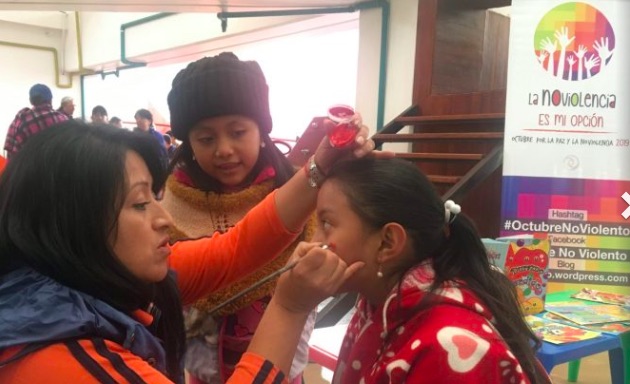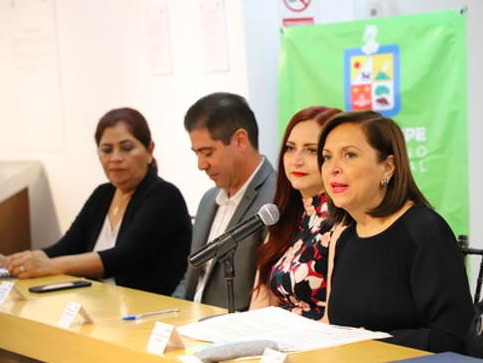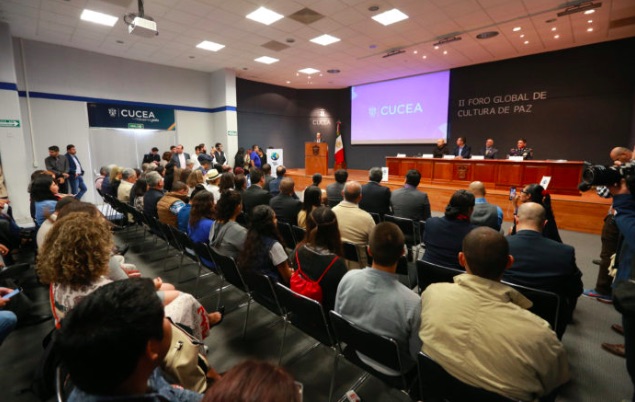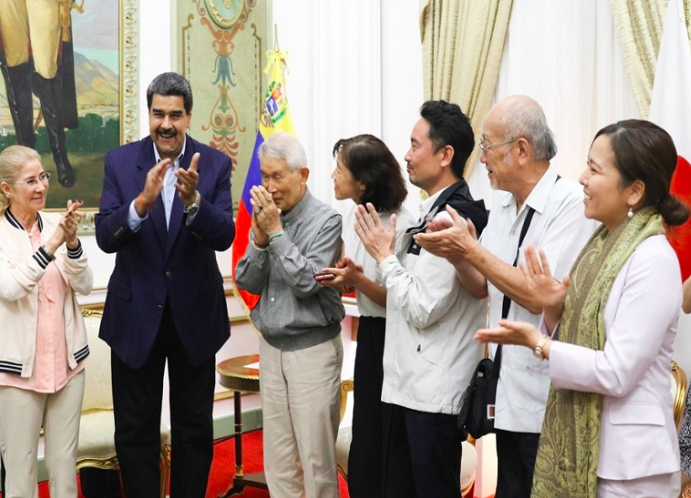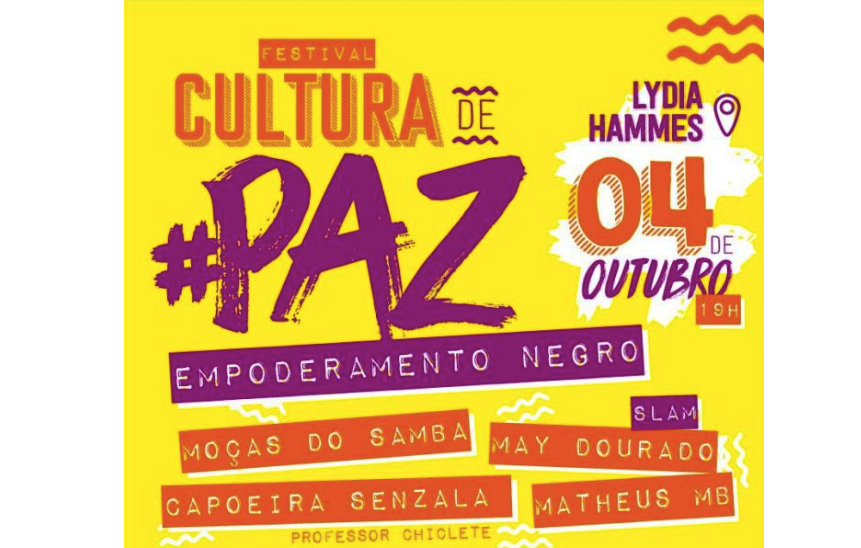… EDUCATION FOR PEACE …
An article from CDN (translation by CPNN)
More than 250 regional, district and educational center directors of the province of Valverde participated in the third day of training on the guidelines of ethics and public integrity, strategies of culture of peace in schools and the protection of rights of children and adolescents. It was organized by the Ministry of Education to empower the actors of the education system on these issues.
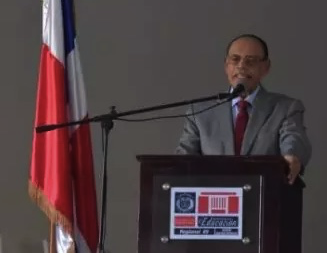
The idea of these meetings arose at the initiative of the Minister of Education, Antonio Peña Mirabal, after carrying out an activity to prepare for the beginning of the school year that involved the General Directorate of Ethics and Government Integrity (DIGEIG) and the National Directorate of Children , Girls and Adolescents, and the idea is to develop them in all the regional education of the country.
The conferences, organized through the Vice Ministry of Technical and Pedagogical Affairs of MINERD, are held jointly with the aforementioned public institutions, as well as the General Directorate of Special Programs of the Presidency (DIGEPEP) and the National Council for Children and Adolescence (CONANI).
Minerva Pérez, general director of Orientation and Psychology of the MINERD, presented the culture of peace in the educational centers. She explained that for a long time the Ministry of Education has been working on different actions to guarantee standards of coexistence in the campuses, and that they should be known by all the actors involved in pre-university education.
“This is the third day of a schedule that we have designed to reach all the provinces of the country. The response we have received from the teachers who have participated in these meetings has been very satisfactory, because they have heard, but also, they have expressed the day-to-day concerns of their educational centers, ”said Pérez.
When presenting the National Strategy for the Culture of Peace in the Educational Centers, Pérez explained that it was designed by the MINERD, with the aim of fostering a harmonious coexistence in schools throughout the educational community and she urged the directors to implement it.
(Article continued in right column)
(Click here for the original article in Spanish.)
Questions for this article:
What is the relation between peace and education?
(Article continued from left column)
She added that the purpose of this activity is to empower principals with these strategies in order to guarantee the rights of students. They need to know Law 136 on the Protection of Children and Adolescents, and the measures that must be taken to guarantee those rights.
Shee argued that every manager, principal or teacher has to know what the risks are that a student runs when the appropriate measures are not taken to guarantee his rights.
Shee stressed that knowledge of the peace culture protocol is important for principals and teachers, since this document also emanates the rules of coexistence and the three rules of action: one for cases of school violence, another for cases of bullyng and the latter for cases of sexual abuse. These actions may occur in any school, so they must be prepared to know how to address each situation when it occurs.
“From the MINERD and the Direction of Orientation and Psychology I want you to know that you are not alone, that you have our support so that you in the educational centers can have a harmonious coexistence. The fact that the Procuraduría, CONANI, DIGEIG and the Ethics Department have accompanied us continues to give us a message that we are not alone in the different educational centers, ”said Pérez.
The general director of Ethics and Government Integrity, Lidio Cadet, said that ethics implies consideration for society, respecting and loving the person, and that the teacher must have love for the country itself and for the family.
Cadet explained that rectitude is a key value for the educator and the student, and that it was a challenge made by Minister Peña Mirabal, to carry out these workshops throughout the country with a view to the formation of public ethics commissions in the educational centers.
“He is determined (the minister) that management must be characterized by ethics, by the values of transparency, and that this implies working to have a quality education. Students should be taught to be able to integrate into society as a transporter of new avenues of justice and peace,” said Cadet.
On the day of the Regional 09 of Valverde, MAO, Estefany Pérez, representative of the DIGEPEP, spoke on the issue of the restoration of fundamental rights, social inclusion and educational system; while the person in charge of the regional technical office of CONANI, Johanna Estévez, spoke about the implementation of the National Campaign for the Promotion of Positive Parenting.
The regional director, Henry Rodríguez, spoke the words of welcome and motivation of the workshop, while Ana Paredes, prosecutor for MAO also participated in the activity.
The third meeting was held at the Sacred Heart of Jesus School, belonging to the 09-01 Educational District, MAO, where 266 directors of the districts of Esperanza, Laguna Salada, Sabaneta, Monción and Villa los Almácigos took part. This Wednesday 30 the day takes place in Monte Plata and in the next few days there will be training in Barahona and Santo Domingo.



